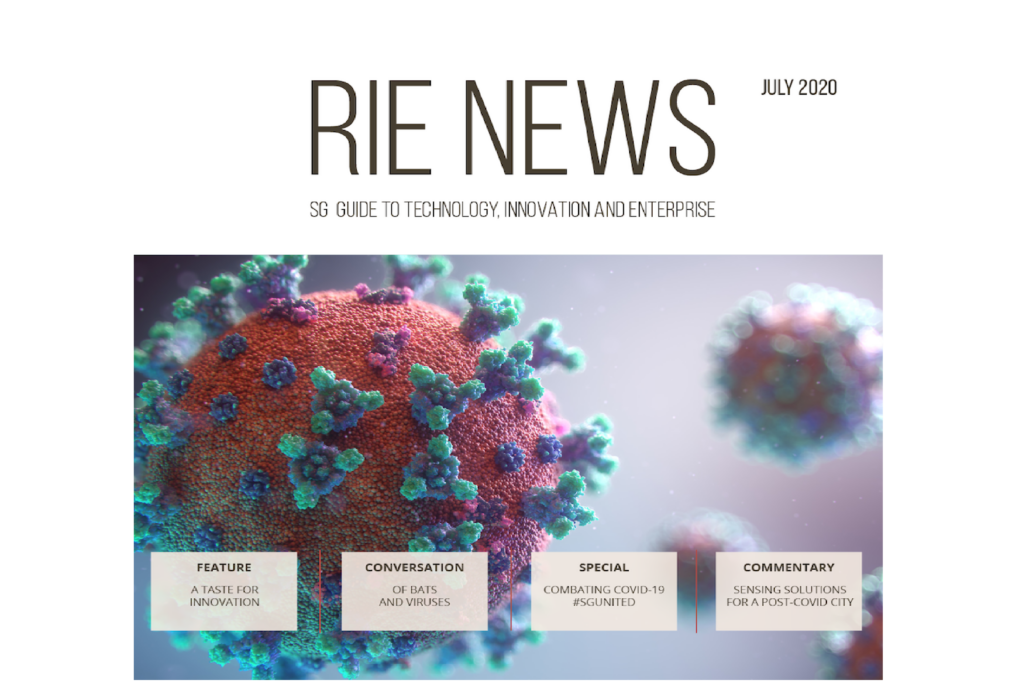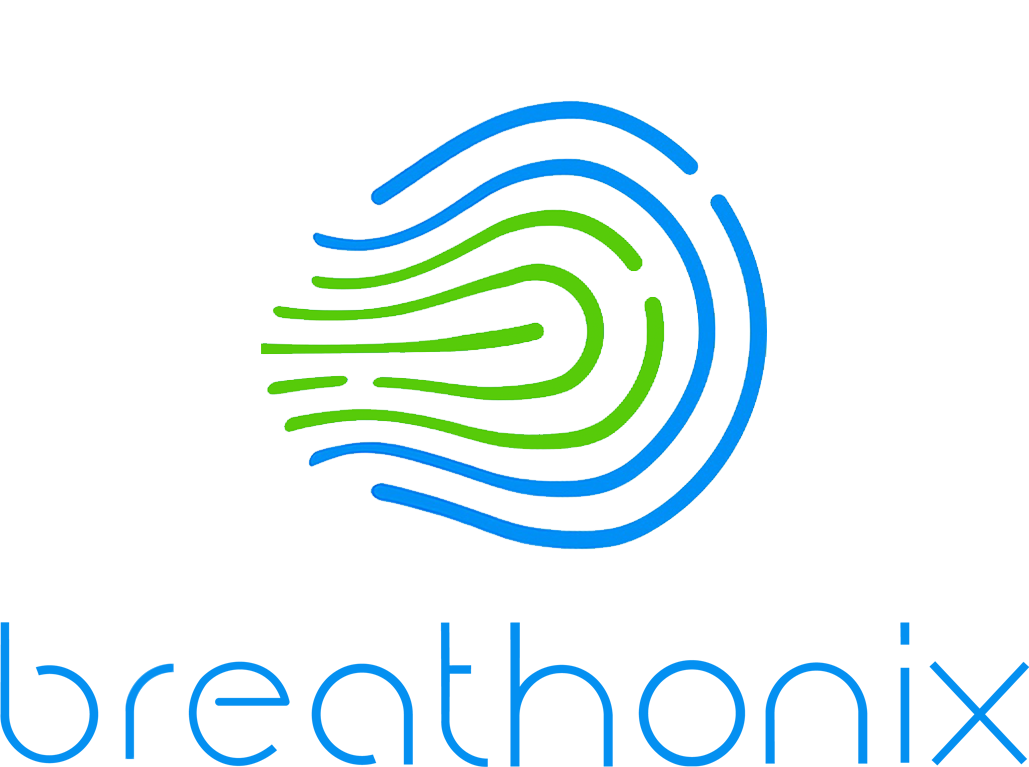
The detection of COVID-19 has multiple challenges, especially if people who are infected develop no symptoms (asymptomatic). Another spin-off
from NUS, Breathonix has created a non-invasive solution for disease detection.
With its proprietary breath sampling device and data analysis algorithms, their technology analyses one’s “exhaled breath”, which provides an extremely precise way to detect diseases by analysing volatile organic compounds (VOCs). Diseases, including viral infections, cause changes in metabolic pathways, which are detectable in breath VOC profiles.
Co-founder and CEO Dr Zhunan Jia said, “Our solution uses breath sampling, a combination of a high precision breath sampling device and mass spectrometry, which provides one of the most precise ways to detect VOCs. Ever-present in anyone’s exhaled breath, it can represent biomarkers for certain pathologies such as lung cancer, asthma, and chronic obstructive pulmonary diseases. It is quick, non-invasive, and safe.”
Using the latest technological advances in mass spectrometry, VOC molecules in the parts per billion (ppt) range are measured in real-time. Together with a special breath sampling device, patients only need to exhale through a disposable mouthpiece into the machine, and signature molecules in their breath will be measured in high accuracy. Results will be ready within seconds, just like an alcohol breath test.
The research team had successfully applied the advanced technique to detect early-stage lung cancer and tuberculosis in a clinical study conducted at the National University Hospital. Dr Jia shared that their device’s precision resulted in an unexpected finding which impacted a patient.
“In one of our clinical study sessions when we were using the device to analyse VOCs for lung cancer, we discovered that one of the patients was actually misdiagnosed with lung cancer. It came as a piece of positive news to the patient, and we are glad that the technology is already doing good before commercialisation. The technology’s precision of analysis is highly accurate, and this goes to show how it can help detect diseases earlier before it becomes much worse.”
The analysis of the data is managed by an AI-based computer algorithm, which is not only able to detect anomalies in VOC profiles, but also produces results that can be easily understood by healthcare
practitioners.
Moving forward, Dr Jia said that their technology is a perfect fit to detect COVID-19 as a form of a rapid breath test, and she is now working with the
National Centre for Infectious Diseases (NCID) to use the technology as a mass screening tool. “With plenty of reports indicating that COVID-19 can
spread through people without any symptoms, we strongly believe that this technology would be very useful for healthcare practitioners and even other countries to quickly detect COVID-19 and contain its spread.”
Source: https://www.nrf.gov.sg/docs/default-source/default-document-library/july-mag-(compressed).pdf
